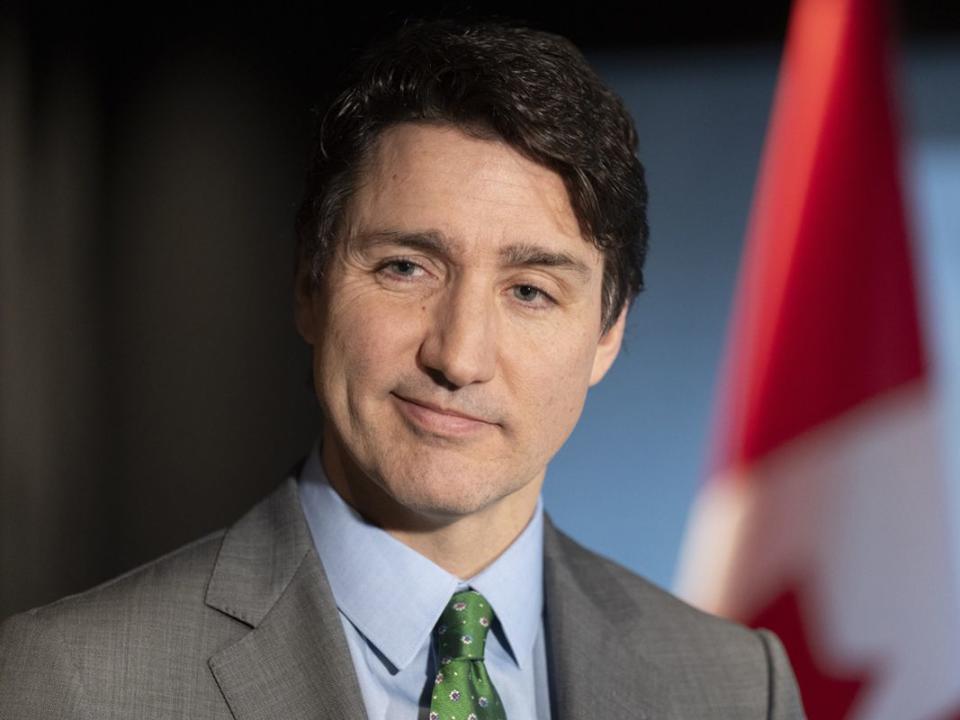
I recently had a brief conversation with a young friend who works in the public sector and is fairly left-leaning, and we often get into friendly but spirited debates about taxes and economic policy. Of course, the topic of the day was the proposed increase in capital gains tax rates.
His oversimplified comment was that the proposals meant that instead of “eating caviar” the rich might have to eat cheaper food. Another person, who also works in the public sector, echoed this, saying the rich would still be sitting on “mountains of cash”, just that they would have a little less.
Comments like these annoy me, so I began my response by asking them if they knew how much the “rich” pay in total personal tax revenue. Neither of them knew, so I quickly shared the following 2021 statistics:
-
The top 0.01% of earners, 2,930 people, had an average income of $7.73 million and paid 3% of federal and state taxes collected by their respective governments.
-
The top 0.1 percent, or 29,260 people, had an average income of about $2.1 million and paid 8.9 percent.
-
The top 1 percent, or 292,560 people, had an average income of $579,100 and paid 22.5 percent.
-
The top 5 percent, about 1.46 million people, had an average income of $259,600 and paid 41.7 percent.
-
The top 10 percent, or about 2.93 million people, have an average income of $190,000 and pay 54.4 percent.
-
The top 50 percent, about 14.6 million people, had an average income of $90,700 and paid 93.8 percent.
When the above statistics are recited, most people have a consistent reaction. Most are surprised that the average income of certain groups is so low. Furthermore, there is often a perception that a very wealthy minority pays a disproportionate amount of tax. Yes, in a progressive tax system like Canada's, this is exactly what happens.
I am in favor of a progressive tax system, but if it is too onerous, there will obviously be negative behavioral reactions, including many wealthy and even less wealthy Canadians leaving the country. It was recently announced that Canadian migration to the United States has reached its highest level in the last 10 years. I have been sounding the alarm about this for years, so it is not a surprise to me.
With the above statistics in mind, it should be easy to see that even a modest decline in income for the top 0.01 to 5 percent would have an extremely negative impact on the rest of the population and make up for lost tax revenues, while in no way helping improve Canada’s productivity challenges.
Recent demands from the wealthy under this federal government include a 4 percent increase in personal income tax rates, attacks on small businesses and their right to income splitting with families, major revisions to the alternative minimum tax, and a host of other “tweaks.”
Furthermore, it is clear from the statistics above who is footing the bill for Robin Hood programs like Pharmacare, Dental Care Plans, and many other wasteful expenses: the damn rich. Again, if the rich feel their hard-earned money is not being spent well, there will be a negative reaction.
This is where the proposal to increase capital gains tax rates comes in. The proposal to increase the tax rate from 50% to two-thirds (allowing individuals to maintain the 50% tax rate on capital gains up to $250,000 per year) is not about the hollow talking points trumpeted by Downing Street and repeated by Prime Minister Justin Trudeau and others to suggest that higher tax rates are good policy (necessary for “fairness,” “equality,” “intergenerational fairness,” and “capital gains advantage”).
No, this is simply a revenue generating measure, because the current Government is not going to make drastic spending cuts to appease those who want value for money, but rather they need tax revenue to continue their reckless spending.
Unfortunately, higher capital gains tax rates will affect many more than just the wealthy. Average Canadians are waking up to a simple fact: you don't have to be wealthy to be negatively affected, either directly or indirectly.
Those affected include those who own second properties such as rental properties or vacation homes, tax on death (affecting inheritance), small business owners who realize capital gains either personally or through a corporation, pensioners whose investments include shares in publicly listed companies that pay dividends, and those who become non-residents of Canada.
“Your personal experience with money may account for 0.00000001 percent of what happens in the world, but it may account for 80 percent of how you think the world works,” venture capitalist Morgan Housel writes in his book The Psychology of Money. And I couldn't agree more.
So, although my socialist friends may believe that their experience with money means that all so-called rich people “eat caviar” and sit on piles of cash, this is not the case at all: they wake up in the morning and put their trousers on, one leg at a time, just like all of us.
The wealthy may make more money than most people, but many of them create jobs, support their families, make large charitable donations, disproportionately support their communities, and strive to make Canada a better country for everyone.
Capital gains tax rates are simply bad policy, introduced at a time when our country needs more successful people. We need to encourage and support success, not attack it. Our future economic success depends on it.
Kim Moody, FCPA, FCA, TEP, is the founder of Moodys Tax/Moodys Private Client, past chair of the Canadian Tax Foundation, past chair of the Canadian Estate Planning Association and has held many other leadership positions in the Canadian tax community. kgcm@kimgcmoody.com His LinkedIn profile is https://www.linkedin.com/in/kimmoody.
_____________________________________________________________
If you liked this story, Apply FP Investor Newsletter.
_____________________________________________________________
Please support our journalism by bookmarking our website: Don't miss the business news you need to know: Bookmark financialpost.com and sign up for our newsletter here.

